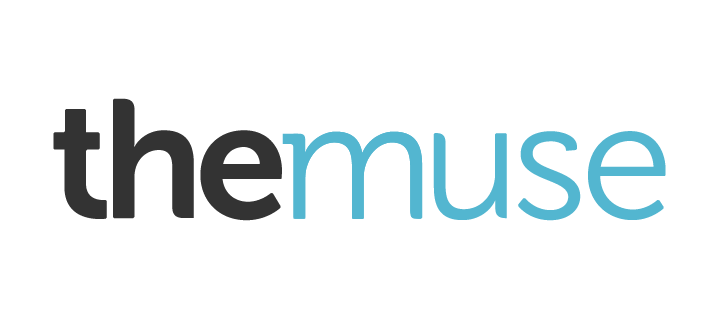
TheMuse:: founders make finding a job less harrowing
The Muse founders make finding a job less harrowing
Minshew thought a career site “that told better stories about the jobs” companies offer would attract more qualified candidates, as well as better match people’s skills and interests with those positions.
The Muse aims to do just that. It seeks to provide job seekers with insight into a an employer’s culture, including through employee testimonials, office photos and the latest company news. The site also offers free career advice, while for a fee (starting at $49) you can get one-on-one coaching sessions on topics such as negotiating a raise or promotion.
Believing in possibility
While these founders’ own dilemma led to them building a successful startup, they acknowledge they are outliers, and that even securing funding was a long-shot. In 2012, they were admitted to Y Combinator’s accelerator program and received $1.2 million in seed funding from the tech incubator and other sources.
“I think investors saying ‘yes’ is a momentary lapse in judgment for any early-stage company, because most early-stage startups fail,” she said. “So you need to figure out how to get people to that momentary lapse of judgment…because there are a hundred reasons why you might fail. You need to get them to believe in the one reason you might not.”









